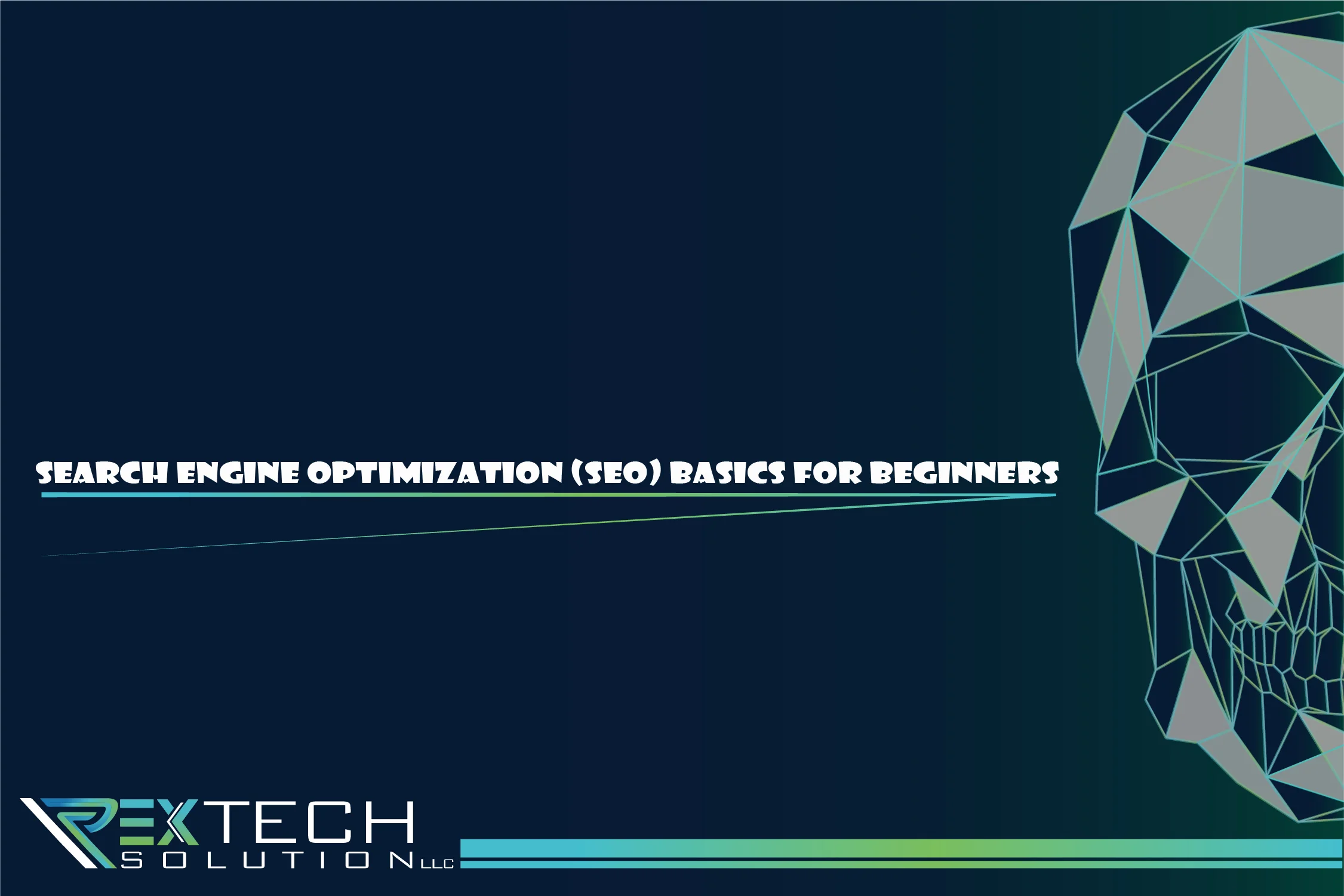Search Engine Optimization (SEO) is a crucial component of any successful digital marketing strategy. It involves optimizing your website to rank higher in search engine results pages (SERPs), thereby increasing organic traffic to your site. This article covers SEO basics for beginners, aiming to improve website visibility and performance in search engines by optimizing it to rank higher in SERPs and increase organic traffic.
Understanding SEO : What Is It and Why Is It Important?
SEO is the process of optimizing your website to rank higher in search engine results pages (SERPs) for relevant keywords and phrases. It helps improve your website’s visibility and drive organic traffic. SEO is important because it helps you reach your target audience and attract more visitors to your site.
Keyword Research : Finding the Right Keywords
Keyword research is a crucial step in SEO. It involves identifying the keywords and phrases that your target audience is using to search for products or services similar to yours. Use keyword research tools to find relevant keywords with high search volume and low competition.
On-Page SEO : Optimizing Your Website
On-page SEO involves optimizing your website’s content and HTML source code to improve its visibility in search engines. This includes optimizing meta tags, headings, and image alt text, as well as improving the overall user experience (UX) of your site.
Off-Page SEO : Building Authority and Trust
Off-page SEO refers to activities that are done outside of your website to improve its search engine rankings. This includes building backlinks from reputable websites, engaging with your audience on social media, and creating high-quality content that others will want to share.
Technical SEO : Ensuring Your Site Is Search Engine Friendly
Technical SEO focuses on the technical aspects of your website that affect its search engine rankings. This includes ensuring your site has a clean and crawlable site structure, fast loading times, and mobile-friendliness.
Local SEO : Optimizing for Local Searches
If your business has a physical location, local SEO is essential. It involves optimizing your website for local searches, such as “plumbers near me” or “restaurants in [city].” This includes optimizing your Google My Business listing, getting reviews from customers, and building local citations.
Measuring and Analyzing Your SEO Efforts
To gauge the success of your SEO efforts, it’s important to measure and analyze your website’s performance. Use tools like Google Analytics and Google Search Console to track your website’s traffic, rankings, and conversions. Use this data to make informed decisions and continuously improve your SEO strategy.
Conclusion
SEO is complex but understanding basics improves visibility. Focus on keyword research, on-page & off-page optimization, technical SEO, local SEO, and measuring efforts.
FAQs
- What is SEO and why is it important? SEO, or Search Engine Optimization, is the process of optimizing your website to rank higher in search engine results pages (SERPs). It is important because it improves your website’s visibility, drives organic traffic, and helps you reach your target audience.
- How do I find the right keywords for my website? Use keyword research tools to identify relevant keywords and phrases that your target audience is using. Look for keywords with high search volume and low competition to improve your chances of ranking higher in SERPs.
- What is on-page SEO and why is it necessary? On-page SEO involves optimizing your website’s content and HTML source code, including meta tags, headings, and image alt text. It is necessary to improve your site’s visibility in search engines and enhance the overall user experience (UX).
- What activities are included in off-page SEO? Off-page SEO includes activities such as building backlinks from reputable websites, engaging with your audience on social media, and creating high-quality content that others will want to share. These activities help improve your website’s authority and trustworthiness.
- What is technical SEO and how does it affect my website? Technical SEO focuses on the technical aspects of your website that affect its search engine rankings, such as site structure, loading times, and mobile-friendliness. Ensuring these elements are optimized can improve your website’s crawlability and user experience.
- Why is local SEO important for businesses with physical locations? Local SEO is crucial for businesses with physical locations because it helps optimize your website for local searches, such as “restaurants in [city].” This includes optimizing your Google My Business listing, getting customer reviews, and building local citations to attract nearby customers.
- How can I measure the success of my SEO efforts? Use tools like Google Analytics and Google Search Console to track your website’s traffic, rankings, and conversions. Analyze this data to make informed decisions and continuously improve your SEO strategy.
- What are the key components of a successful SEO strategy? A successful SEO strategy includes keyword research, on-page and off-page optimization, technical SEO, local SEO, and measuring and analyzing your efforts. Focusing on these components helps improve your website’s visibility and performance in search engines.

